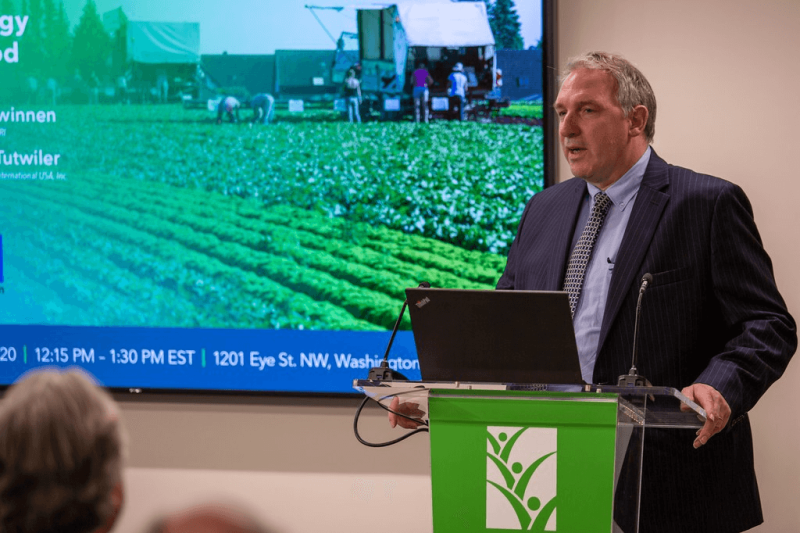Legislation in Europe either dies a quiet death or goes out with a lot of fanfare. The “Farm to Fork” strategy by the European Union is on track to do the latter. Its flagship proposal to halve the use of pesticides by 2030 and set aside 10 percent of agricultural land to protect biodiversity has hit a brick wall: Austria, Poland and Hungary are stalling negotiations, possibly dragging them out until the European elections next June. The pesticide reduction element of the plans formulated in the Sustainable Use of Pesticide Regulation has faced opposition for practical and political reasons.
While the last European elections in 2019 gave more leeway to environmentalists, who have tried to implement ambitious targets, it looks as if the realities of the COVID pandemic, the economic troubles that have ensued from it, and the war in Ukraine will be preventing them from following through with their plans. It is likely that we’ll see a shift to the center and center-right and by that standard, a different agricultural policy.
One positive change that has been announced and will land on the negotiating table of the next European Commission is the authorization of gene-edited crops. Until now, the commercialization of new genomic techniques in food production has been virtually impossible. But with those legal changes, Europe will finally catch up to the technological realities of the United States and Canada.































